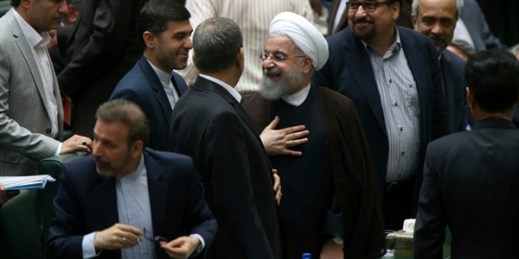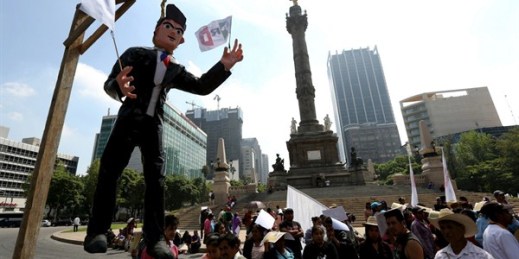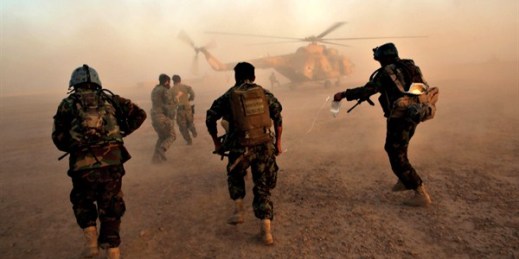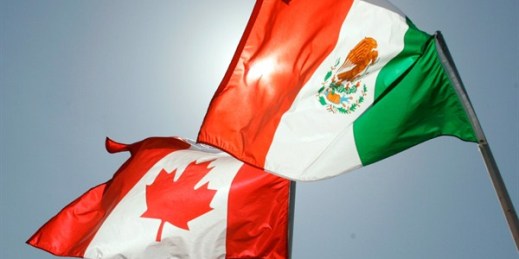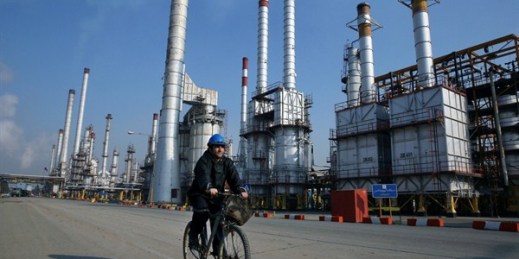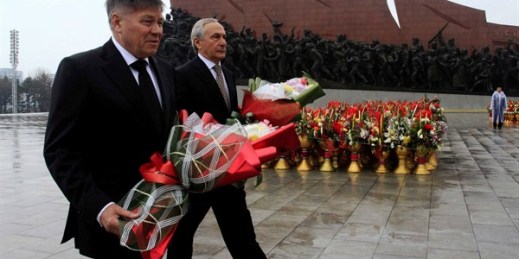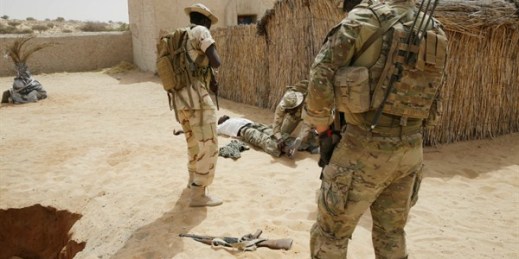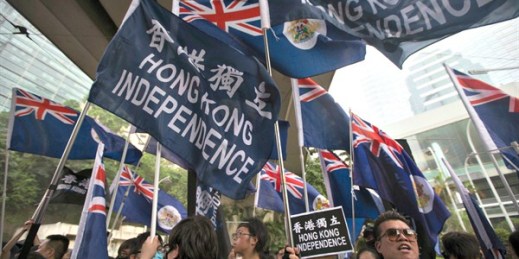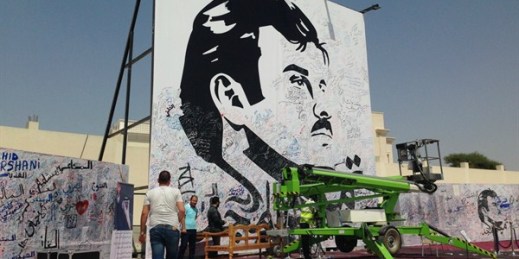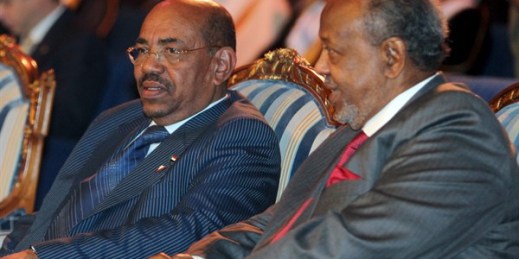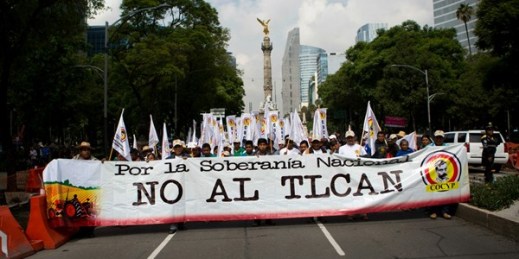
More than two decades after it came into effect, the North American Free Trade Agreement is being renegotiated. NAFTA’s boosters say it has brought greater wealth to Canada, the United States and Mexico through economic integration, but some politicians—chief among them President Donald Trump—say it has cost millions of jobs. The current talks are being billed as a chance to reassess the agreement’s shortcomings and revamp it for the requirements of the 21st century. WPR has compiled 10 articles detailing what’s at stake for all parties involved. Purchase this special report as a Kindle e-book. Trump’s Gambit Trump Should Look […]

